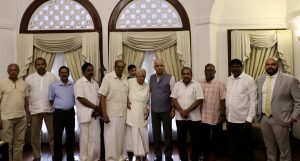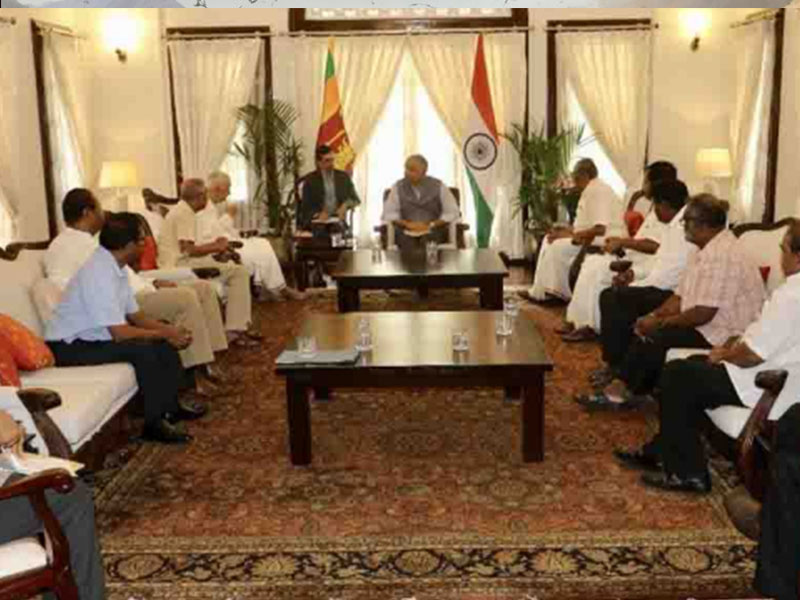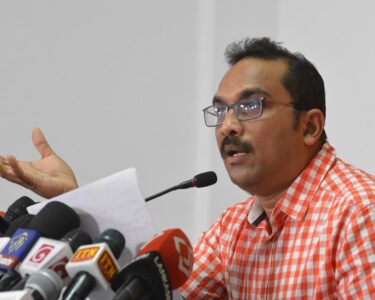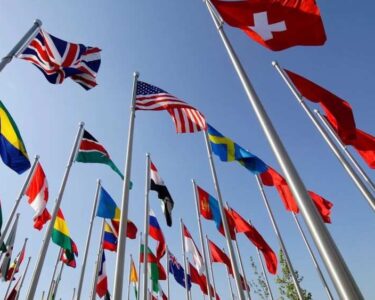A group of Sri Lankan Tamil legislators, including TNA leader R. Sampanthan, has made a direct appeal to India, seeking its intervention in the ongoing dispute over the government’s commitment to fully implementing the 13th Amendment to the Constitution. This amendment, established in 1987 under the Indo-Sri Lanka Accord, aimed to address long-standing grievances of the Tamil minority by devolving power through provincial councils
Deep Concern:
During a two-hour meeting with India’s new High Commissioner to Sri Lanka, Santosh Jha, the Tamil representatives expressed their deep concern about the Sri Lankan government’s unwavering commitment to full implementation. They highlighted their scepticism about the political will of the Sinhalese majority and pointed to past instances where promises of devolution proved unfulfilled.
Further accentuating their anxieties, the Tamil parties raised the sensitive issues of Tamil political prisoners and land seizures by the state. Both issues contribute to a sense of ongoing marginalization and injustice within the Tamil community.
India, with its historical involvement in Sri Lanka’s internal affairs and its consistent advocacy for Tamil rights, finds itself in a delicate position. While advocating for full implementation of the 13th Amendment remains a priority, navigating the complex political landscape of Sri Lanka requires careful diplomacy and nuanced understanding.
Partial Devolution:
President Ranil Wickremesinghe’s proposal for partial devolution, excluding police powers for the provinces, has met with criticism from both the Tamil parties and the powerful Buddhist clergy. This opposition signifies the deep-seated divisions within Sri Lanka over issues of power-sharing and national identity.
The success of Tamil efforts to secure full implementation of the 13th Amendment hinges on several factors, including the Sri Lankan government’s willingness to overcome internal resistance and India’s ability to effectively leverage its influence. Failure to address this long-standing dispute could exacerbate existing tensions and hinder Sri Lanka’s journey towards reconciliation and stability.
This situation demands ongoing attention and careful monitoring, as it holds significant implications for the future of Sri Lanka’s diverse society and its internal harmony.








